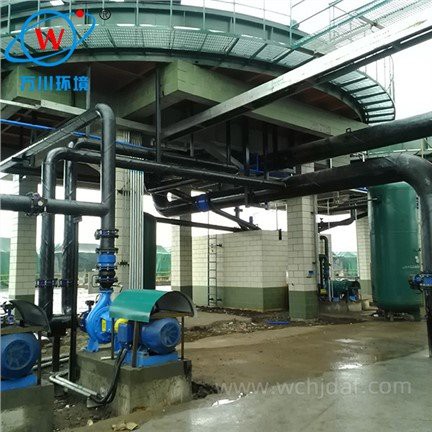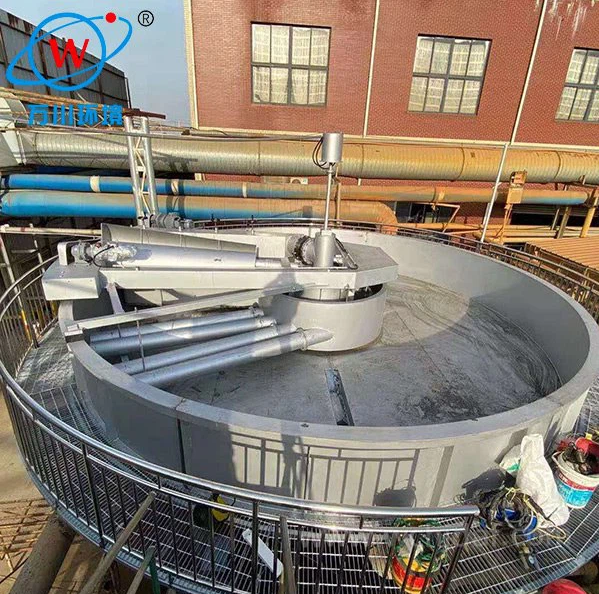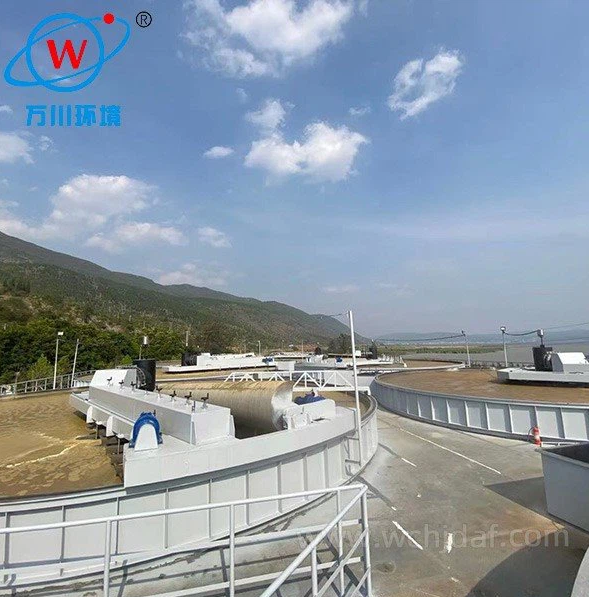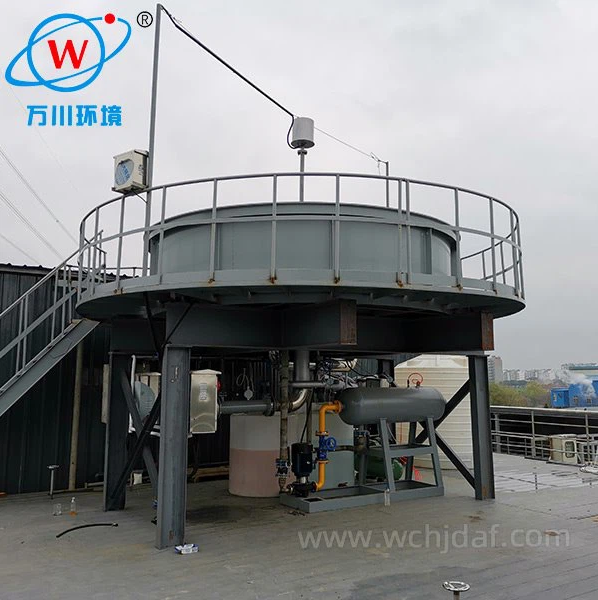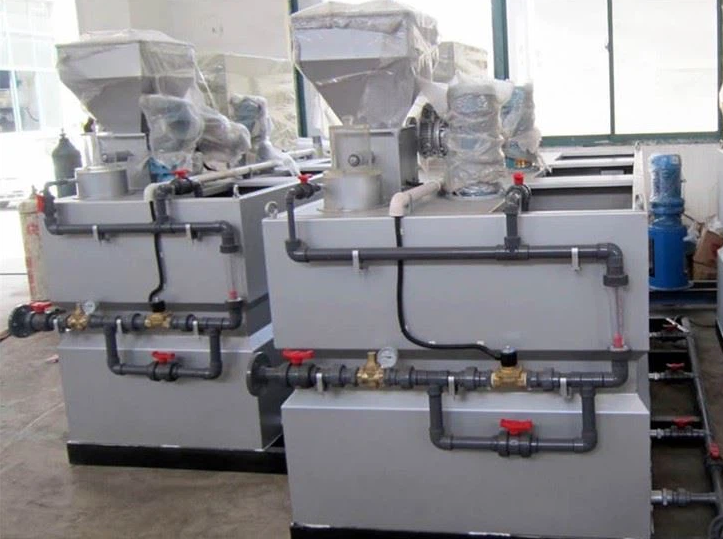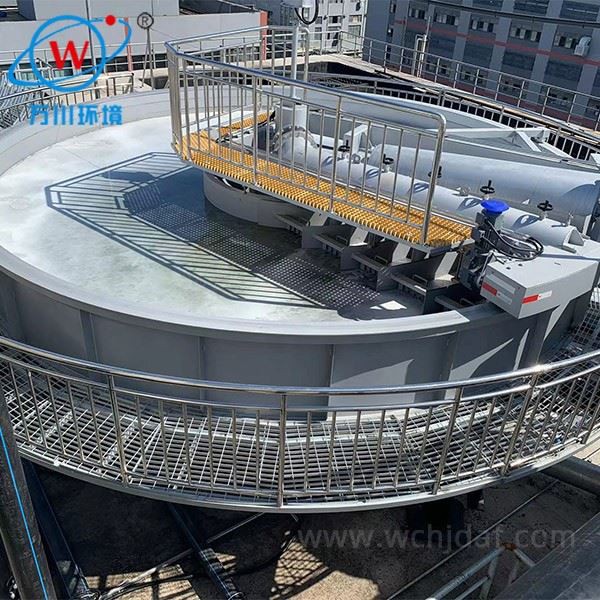Multiphase Mixed Air Flotation Technology
Enhancing sewage purification efficiency through advanced bubble-based separation mechanisms
Efficient Bubble Formation
- Production of numerous small, evenly distributed bubbles with high specific surface area
- Significantly increases contact points between gas and liquid phases
- Enhances adhesion between bubbles and various contaminants
- Effective removal of suspended solids, organic matter, and colloidal particles
- Superior to conventional gravity-based settling methods
Contaminant Aggregation Mechanism
- Promotes aggregation of contaminants through multiphase mixing process
- Bubbles attach to pollutant surfaces, reducing their overall density
- Pollutant-bubble aggregates rise quickly to the water surface
- Forms a floating layer (scum) that can be easily skimmed off
- Much faster than downward settling in gravity-based systems
Emulsion Breaking Capability
- Effectively breaks down stable emulsions like oil-water mixtures
- Fine bubbles disrupt the emulsion structure
- Oil droplets attach to bubble surfaces and separate from water
- Expands the range of pollutants that can be effectively removed
- Boosts overall purification efficiency for industrial wastewater
Floc Preservation Advantage
- Gentle mixing action minimizes shearing of flocs
- Preserves integrity of contaminant clusters formed with flocculants
- Ensures higher proportion of pollutants are captured and removed
- Provides more consistent and reliable purification performance
- Highly efficient for various types of sewage treatment
Air Flotation Process Flow
Bubble Generation
Bubble-Pollutant Contact
Aggregate Rising
Scum Removal
Key Benefits of Multiphase Mixed Air Flotation
This technology offers significant advantages over traditional treatment methods, including faster processing times, higher throughput, ability to handle emulsified contaminants, and more reliable purification performance across various sewage types. The process is particularly effective for industrial wastewater containing oils, greases, and fine suspended solids.

